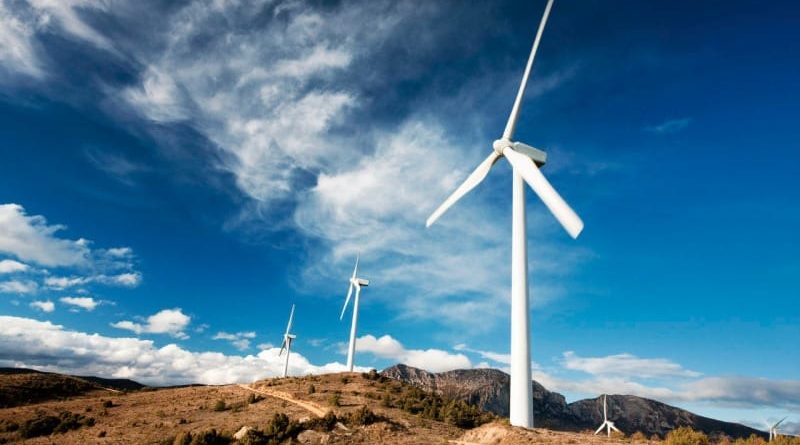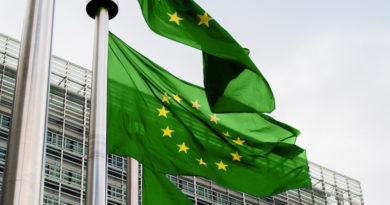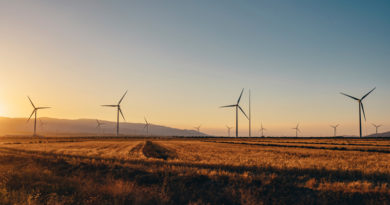
What role can energy efficiency play in the security of supply in Europe?
Since the 1973 oil crisis several Member States have adopted national policies to reduce their import dependency and vulnerability to oil and gas price shocks. Energy efficiency and alternative energy sources were some of the solutions identified by legislators to address this issue. Unfortunately, the much more recent crisis in Ukraine in 2014 showed that measures already put in place are fragmented, insufficient and limited to national dimensions.
The EU is the world’s largest energy importer with an annual import bill of €545bn. EU leaders are therefore aware that security of supply can be successfully addressed only at EU level.
As such, security of supply became one of the five interlinked and mutually dependant dimensions of the Energy Union, a top priority in the EU political agenda and EU leaders decided to address the issue calling for a comprehensive plan for reducing the current energy imports of about 60% of the gas and 80% of the oil the EU consumes.
A mix of different energy solutions and technologies can contribute to secure energy supply. New investments in gas and other infrastructures require a careful evaluation and need to be compared against more cost effective energy efficiency projects. Indeed, recent projections foresee a reduction in gas demand and an increase in electricity demand, so the risk is that some investments would become stranded before the end of their lifetime. The benefits of an integrated perspective on infrastructure and energy security are compelling.
In this sense, key drivers of energy security are the completion of the internal market and notably more efficient energy consumption and production which need to be modernized and updated to reflect the energy transition from a fossil-based centralised system to a smart, low carbon and decentralised energy system.
The less energy Europe uses, the less it needs to import, and through energy efficiency technologies and services Europe can achieve energy security, but also energy saving, climate change and economic goals in the most cost effective way.




